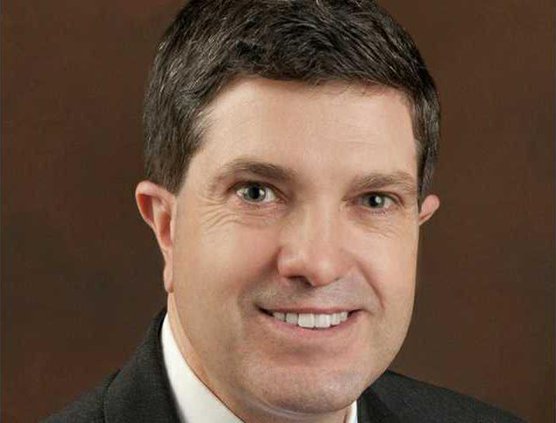With major policy decisions on transportation, education, health care and tax reform on the legislative agenda, Georgia should think beyond the traditional approach of spending more money as the solution for every problem. Focusing on ways to enhance economic opportunity and empower individuals beats doubling down on the status quo.
Economic opportunity, now more than ever, starts with education. Low- and middle-income children deserve access to the same educational opportunities available to children in affluent families.
Expanding Georgia’s successful tuition tax-credit scholarship program is the best first step. Operating at about one-third of the cost of public education, this program frees up funding for traditional schools, increases parental satisfaction and has broad support across party lines. Education-savings accounts, similar to the popular health-savings accounts and already implemented in Arizona and Florida, would give parents of special-needs students even more options and the incentive to be wise consumers.
More work is needed to make quality charter schools, online resources and career academies available to every child. Traditional schools should continue shifting from a top-down, factory model of education to personalized learning, a long-term goal that allows every child to move at his or her own speed and provides flexibility on testing.
Too many Georgians lack access to quality health care; taxpayers are on the hook when the only option is the emergency room. Expanding Georgia’s network of charity clinics — the largest and most successful in the nation — would improve access to primary care.
Redirecting the billions of dollars already spent subsidizing the uninsured into refundable tax credits for the working poor could address catastrophic coverage. Individuals would use tax credits as a voucher to purchase private insurance. Unused funds would flow to safety-net providers, providing a market-oriented way to save rural hospitals and create a more fiscally sane health-care system.
Transportation performs many functions, but getting people to jobs is highest on the list. That’s why metro Atlanta and other urban areas need cost-effective road and transit networks to broaden job opportunities for citizens.
How do we pay for it? Start with our existing gas tax, the equivalent of about 28 cents per gallon and 23rd highest in the nation. Currently, less than 60 percent of these funds are dedicated to transportation. Fixing this problem would redirect more than $700 million a year. Optional tolls and an optional, more flexible local sales tax add up to another $800 million a year in possible new funding targeted where the need is greatest and paid for by those who will benefit most.
One in three jobs today requires a government license, which disproportionately affects low-income citizens who want to work. Georgia’s requirements are among the highest in the nation; 19 occupations have greater licensure burdens than emergency medical technicians. Reduce or eliminating these unnecessary barriers should be a priority.
These examples above show not all solutions require more money. Empowering individuals with better access to education, health care and jobs while striking down barriers to economic opportunity will benefit all Georgians and our economy.
Georgia needs fiscal prudence, innovation


Sign up for our e-newsletters